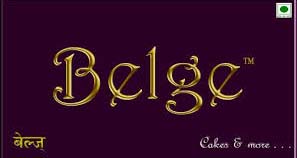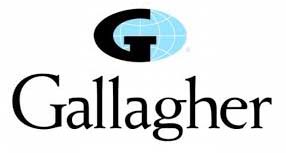No Debt No Credit
‘No Debt No Credit’ – the phrase may sound very weird but is nevertheless true.
Conventional wisdom teaches us that people who live debt free are wise. It is better to drive an old car that doesn’t incur a monthly loan payment than a new car creating a regular cash outflow a.k.a EMI. We were always told that we’d be better off with old phone than use the credit card to buy a new smart phone. Then there are few who find borrowing derogatory. “Borrowing” may appear to tarnish their “snob” appeal. They possess large disposable funds invested in stocks, gold or often times simply hoarded in cash, more likely when it may be tax-evaded. Such people would never have a remote thought of borrowing from a Bank. Infact, such individuals/groups run a parallel economy by lending to others on high interest rates.
Some are patient enough to wait for the savings to accumulate to the extent they can buy the desired product or asset. These individuals are innocent enough to not understand the Keynes Liquidity Preference theory.
Whether the borrowing is from a Bank or any other financial institution, borrowing often involves some kind of cost e.g. interest on the loan borrowed. Some simply cannot afford these costs while others may have dispensable funds to substitute the borrowings thereby saving the interest costs.What may be often missed is that such savings may have a long term impact in an event that requires huge sums of money that can neither be fulfilled by any of the savings made till date nor can be delayed to get it with additional savings.
Lets consider that you need to buy a house that generally warrants significant investment. This will require borrowing from a Bank or any other financial institution. A key factor that directly influences how much loan you may be able to get is your credit history or your credit score. What if you don’t have any credit history? Obviously the credit score is zero. This will directly impact your borrowing amount which you are in dire need at such a time.
How does one build his/her credit score – by creating credit history by taking debt in various forms!
Credit score is a number given by various bureaus on the basis of the credit history of the borrower. This credit score reflects the creditworthiness of the person, thus helping the individual to get higher loan amount.
There are agencies which maintain your credit score. CIBIL (Credit Information Bureau (India) Limited) founded in 2000 – collects and maintains records of an individual’s payments pertaining to loans and credit cards. FICO (Fair, Isaac, and Company) in USA and DBRS in Canada also provide similar credit score services to individuals..
Our future blogs will shed some light on why banks and other financial institutions may want to look at your credit score before lending you money. We will also discuss another very critical aspect that while borrowing may help build credit score, we shouldn’t forget that any default on such payment will have a huge negative impact on your credit score. We should borrow smartly and within means. It can take years to build a good credit history and score but we may lose the entire credit score with few missteps. We will shed some light and share simple but very useful tips in our daily transactions to navigate through this complex field that appears to be ridden with traps and land mines. To sum up – think again before opting to be debt-free. Borrowing now may help to borrow in future. Apt goes the saying “No Debt – No Credit”
How to read your CIBIL Report? (see document attached and reference below)
Please note that it may take up to 24 hours for your comments to appear online
Reference:
Understanding my CIBIL, CIBIL– Part of TransUnion – downloaded April 2, 2017 https://www.cibil.com/













